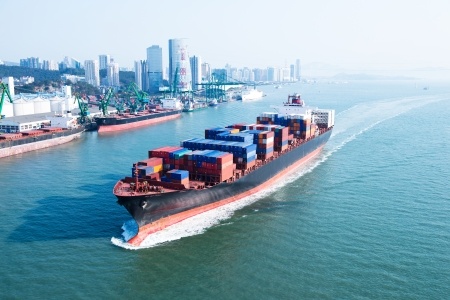6 Impacts of Chinese EHS Audits – Get Ready to Pivot!
Recent years have seen a huge impact on supply chains as the authorities have got tough on polluting companies. Tens of thousands of companies have been closed, some permanently, as regulations have been strictly enforced. Companies can no longer rely on ‘guanxi’ to remain open, and a manufacturing industry that makes up 40% of GDP is under industry.
1. The impact on the supply chain has been significant with many smaller companies unable to cover the significant investment costs, and have no option but to close down or face fines of up the RMB1.2 million. This has removed a whole layer of the supply chain, and pushed the work to the larger suppliers resulting in increased prices and longer lead times.
2. The foundry sector has been particularly badly hit, and 3 of our suppliers have opted to move location to the relative safety of an industrial park to avoid excessive production disruption. Many factories have bought into existing facilities to avoid the disruption of having to register a new business.
3. The associated metal processing subcontractors, such as plating, painting and electropolishing to these industries have all suffered and few have been successful in relocating. Ningbo are setting up regions for these companies to work from, but the associated costs are having big disruption to supply chains.
4. The general exodus from cities such as Shanghai has continued where manufacturers are less welcome than a few years ago, with the larger premium manufacturers safe for the moment, however, don’t assume that the further west you travel the easier it will get.
5. Qinghai, one of the least developed provinces still had over 11,000 company inspections in 2017 resulting in 732 fines issued totalling RMB53 million. 39 companies were forced to stop trading, 27 had legal action taken against them and there were 25 arrests.
6. We spoke to the director of one of our pressure diecasting suppliers about his experiences; “we invested heavily in new equipment to try and remain where we were based, but eventually decided that for the long term future we had to move into an industrial zone. Our fixed costs are now considerably higher, and we are having to find and train new staff which all have a significant impact on the business. Whilst we would not have chosen the disruption, we can now focus on getting the extra sales we need and focus on our long term plans. With many smaller factories being closing, there are opportunities to take on new work, but much of this is low value with customers unwilling to pay the cost for the cleaner environment.”
Our conclusions would be to select your manufacturing partner carefully. Are they in an industrial zone, and can they demonstrate compliance and to have passed an audit? Carry out your own checks not only of your chosen partner, but specifically how many subcontractors will be used, and establish whether these companies are also compliant. What will the impact be on your business to any of these changes, and are you confident you will find out about them before it is too late? In the extreme situation, what would happen if the supplier was to be closed when you have paid development deposits?
The current Coronavirus makes it even harder for Chinese companies to survive with 250,000 closing in the first 2 months of the year to survive which included 30,000 exporters. Unemployment is recorded at about 30 million, though could be as high as 80 million if migrant workers are included, and another 9 million graduates will join the job hunt from this summer, and might need to look away from manufacturing to find employment.
For more info on product manufacturing – call us on: 01225 460 388 or find out more by emailing mail@onepointtwo.com
